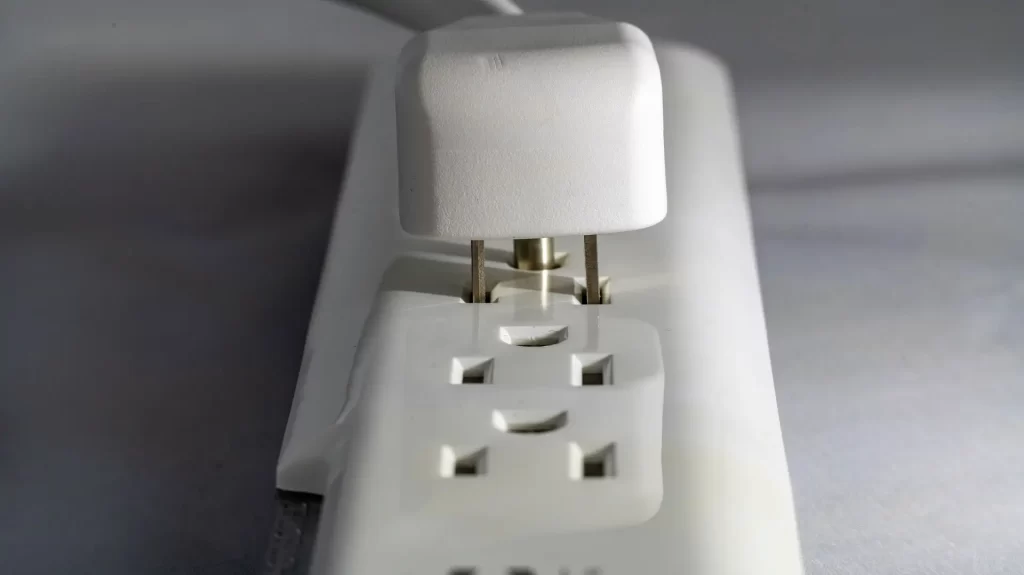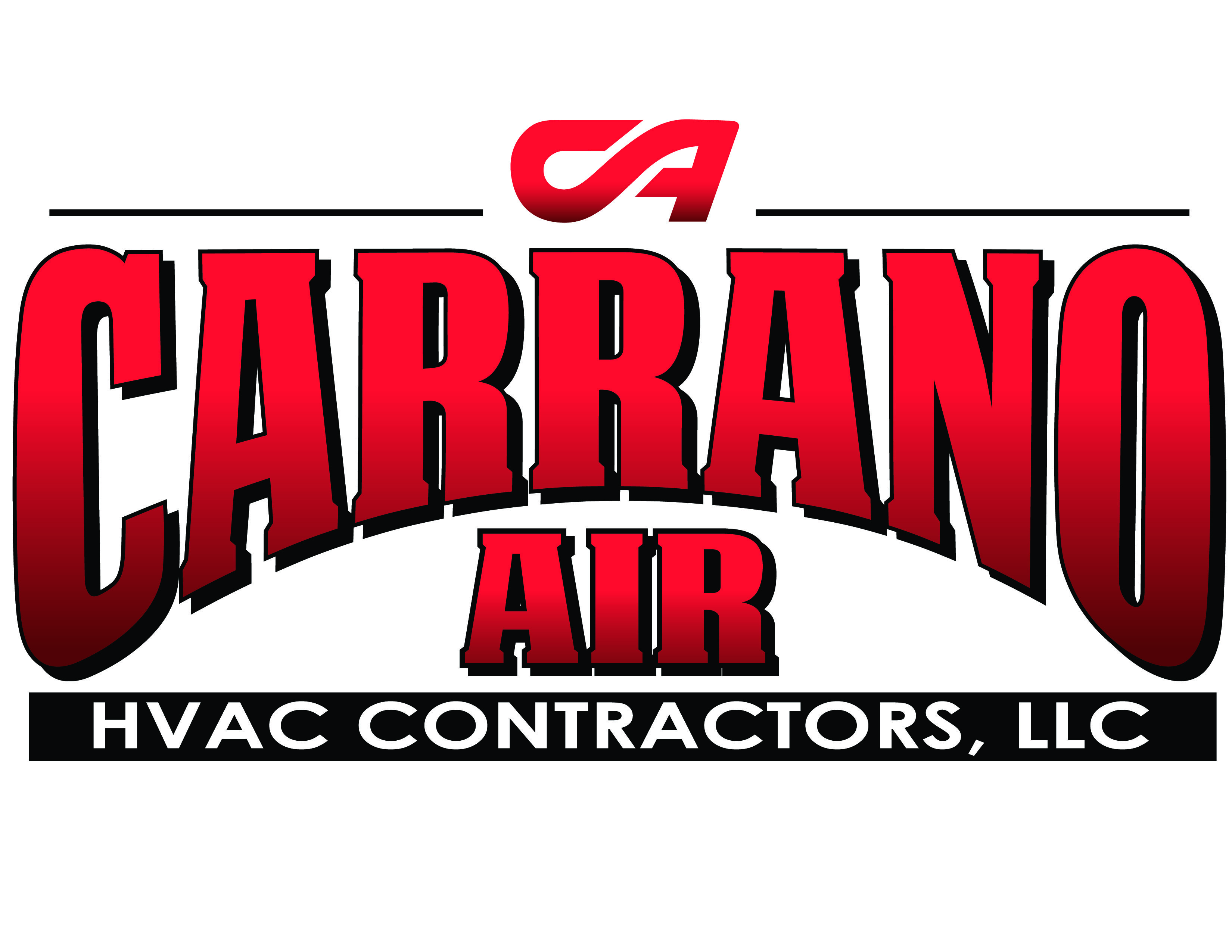
For a professional air conditioning installation, contact our AC & Heating Experts Princeton experts! Call us today at (609) 293-4475.
So you just bought an air conditioner to keep the room cooler during the hot New Jersey summers. But you’ve encountered a common problem. The device cable does not reach the nearest socket.
Can you operate an air conditioner with an extension cord? If you decide to use it, you have to consider different cable specifications. Ruggedized extension cords are required for efficient and safe operation of AC equipment.
At AC & Heating Experts Princeton we encourage you to contact us to have new branches installed. A professionally installed outlet will power your device safely and efficiently. However, we understand that you may need immediate relief from the summer heat.
As Edison air conditioner repair services, we’ve provided a quick guide to choosing the right extension cord and some safety precautions to keep in mind. You can’t just use just any extension cord on the shelf or in storage. Read on to find out how to make the safest choice.
Can You Run an Air Conditioner on an Extension Cord?
The short answer to this question is yes. You can run an air conditioner on an extension cord. However, air conditioning systems consume a lot of energy during operation.
Choosing the wrong type of cable can cause a fire. You need power cords that can carry the necessary electrical current without overheating or overloading the AC motor. Below we list the specifications that your new cable should meet.
Current Capacity
First of all, you need to know the energy efficiency of your device. That depends on the size of your unit. You can usually find this information in your owner’s manual.
What does energy efficiency mean? This term usually refers to typing. A percentage of the power input allows the device to produce a power. The remaining percentage is lost throughout the feature.
For example, your device has an energy efficiency of 70%. This means that 70% of the power absorbed by the input is transferred to the output. The remaining 30% is spent on factors such as friction and displacement.
Your extension cord should be a good match for the energy efficiency of your device. As a result, less energy is lost in the entire process.
Amperage
If your manual doesn’t list energy efficiency, you can use amperage to determine the power requirements of your device. The term watt refers to the amount of energy your electrical grid consumes.
Find the power you need. Then divide the wattage by the expressed voltage. This shows how many amperes your device requires.
Any extension cords you use must have an amperage rating that meets the minimum amperage rating. You should also find the amps for any circuits you intend to use. When your circuits overload, your circuit breaker trips.
Wire Gauge
How much power can your new cable carry? You can use the thread gauge to determine this. As a rule of thumb, you should choose a cable with an amperage rating twice that of your mains.
Higher numbers indicate lower strength. Therefore a 16AWG cannot safely handle the power level of a 10AWG. For most types of devices, we recommend 12-gauge cable unless your manual says otherwise.
However, depending on its size, your device may have a higher strength. If you have the budget, opt for a 10 gauge extension cord. This keeps your home safe while your device is in use.
Length
The length of the extension cord plays a crucial role in your safety. A longer cable increases the resistance. This makes your device work harder and consume more energy throughout its operating cycle.
Choose the shortest extension cord available. If you need a longer cable, increase the cable gauge to account for the resistance. This will prevent hazards such as electric shocks or electrical fires. It also keeps your electric bills from rising as much.
Prongs
Finally, choose a plug with three prongs instead of two. Plugs with three prongs have a grounding point. They send any excess power straight to the ground.
Plugs with two prongs do not provide that safety measure. If your unit malfunctions, a two-prong cord can cause the following problems:
- Electrocution from power surges
- AC unit damage
- Electrical fires
Since three-prong cords have a grounding point, excess electricity won’t disperse and cause damage to surrounding areas.
When to Use an Extension Cord
Can you operate an air conditioner with an extension cord? Just because you can doesn’t mean you should do it. For the safety of your family and home, only use an extension cord with your air conditioner under the right circumstances.
You should only use an extension cord temporarily and as a last resort. Before purchasing, contact our reputable technicians at AC & Heating Experts Princeton. We could find a better solution to protect your home, such as:
- Replacement for the original power cord. In some cases we add a longer cable to your device. Many homeowners prefer this non-invasive option because of the quick and easy job.
- connector installation. We install a new outlet closer to your device. You can conveniently and safely connect the device to the wall.
- Portable Units. You can easily move these units as needed. They’re a great option for people who need to freshen up one room at a time. They also don’t require any new equipment.
However, some homeowners require instant cooling comfort in the summer. In rare cases, they cannot consider any of these alternatives. An extension cord is therefore the only solution.
Make sure your extension cord meets the following requirements:
- Three pin plug
- Shortest possible length
- Corresponds to the current capacity and current
- 12 gauge wire or less
Take notes on your device’s specifications after carefully reading your manual. To ensure safety and efficiency, match the specifications of your extension cord to the specific needs of your device.
Safe Usage
If you have no choice but to use an extension cord with your air conditioner, familiarize yourself with the general hazards associated with using that cord. Establish methods to avoid these dangers. Even extension cords that meet all your needs pose a fire hazard. You can avoid them by checking general indicators.
Avoid Overheating
When using your air conditioner, lightly touch the following components from time to time:
- Unit
- The wall around the socket
- Cable
If any of these components feel hot, turn off your air conditioner and call us to investigate the problem.
Many people will continue to use a device if the area is slightly warm. But even small temperature spikes can indicate too much resistance or too much current. While you may not be aware of any immediate danger, continued use increases your risk.
Overheated components can melt insulation, create sparks, and expose hazardous parts. It could also indicate that your air conditioner is working harder than expected to keep your home cool. Overloading an air conditioner can cause it to fail prematurely.
Drop in Voltage
Even after purchasing the best extension cord for your device, you may find that the quality of performance decreases. Because your device must work against an electrical resistance to draw current, this can cause a voltage drop. Voltage drops can affect the motor performance of the device.
A stalling engine will put more stress on your device over time. With each cyclic start and stop, the components of your device wear out faster. This cycle forces the device to use more power to operate.
Other Safety Tips
Your AC device has a short cord for a reason. A shorter cord ensures optimal power delivery, efficient operation, and safety throughout device operation. To avoid risks, only use short extension cords.
Check regularly that your extension cord is not damaged. You may notice burn marks, melting plastic or rubber, or bare wires. If you notice such damage, buy a new cable immediately. Damaged cables increase the risk of fire, electric shock and malfunction.
Many homeowners hide their extension cords under furniture or carpeting. We advise against it. Even the best extension cords can overheat if the heat isn’t distributed through the air.
Keeping your cable fully visible will help you avoid overheating and tripping hazards. Although a visible extension cord may seem unsightly, hiding it makes it more likely that someone will step on it. Foot traffic damages the integrity of the cable by bending the wires and damaging the surrounding rubber insulation.
You can also reduce damage by securing the cable to the wall with tape. Your cable stays visible and out of the way.
Plug the extension cord directly into an outlet. Do not use additional cables or power strips to increase the length. Adding cords reduces tension while increasing resistance.
Choose AC & Heating Experts Princeton for Safer AC Usage
Can you operate an air conditioner with an extension cord? Although you can use any of them, we recommend you find another solution. Although extension cords are a practical option, their risks often outweigh their benefits.
At AC & Heating Experts Princeton, we help you find the safest, most efficient way to keep your home cool in Princeton, NJ. We offer competent services for the optimal performance of your heating and cooling equipment. We also answer questions like “Should the air conditioner be on all the time?” on our blog.
If you choose us, you value safety and comfort. Call us at (609) 293-4475 for Satisfaction Guaranteed AC Services.
